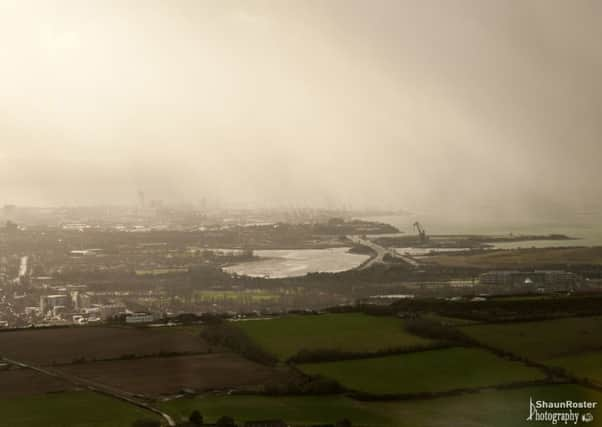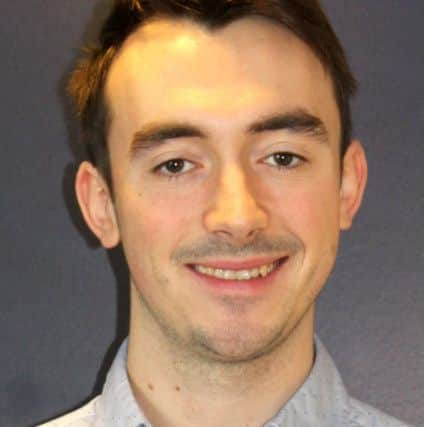Graduate's idea to tackle pollution takes off and wins £5,000


Sam Frampton, 22, looked at tracking health-hazard pollutants with the aim of reducing poor air quality on health.
Sam, who has just started a job as a systems engineer in Bristol after completing a degree in astrophysics at Lancaster University, said: ‘It’s incredible to win. I have always been interested in space and when I saw the competition I thought I would do some research. I read an article about air pollution in London and decided to look into that. Air pollution is a big deal here and an even bigger deal in India and China so I thought it would be good to look at something that could help.’
Advertisement
Hide AdAdvertisement
Hide AdThe SatelLife Challenge was a competition looking for inspirational ideas, from those aged 11 to 22, linking satellite and space data and its application to everyday life. Emily Gravestock, head of applications strategy at the UK Space Agency, said: ‘We were really impressed by the number of innovative ideas submitted to the SatelLife Challenge and Sam is certainly a worthy winner. The judges thought his idea was a new way of presenting already available information that would help people on the ground. Air quality is something that affects a large number of people and therefore the potential impact was felt to be large. We think Sam has real potential as space entrepreneur of the future.’


Sam proposed using satellite observations to track the emission of key health-hazardous emissions (Particulate Matter, NO2, Ozone and SO2) on a scale smaller than city sized, to aid and improve current tracking of pollution levels. This information could then be shared with both the general public and public health organisations to reduce the impact of poor air quality on health.
The competition, intended to support the development of science, data handling and technological skills, was split into three age groups, offering prizes of £5,000 for each age category with the overall winner receiving £10,000.
The overall winner was 13-year-old James Pearson, from Boston, Lincolnshire.
Advertisement
Hide AdAdvertisement
Hide AdThe winners will be able to pitch their idea to a panel of industry experts or ‘dragons’ from the space sector who will offer prizes, which could include mentoring, work experience and the development of the idea into reality.